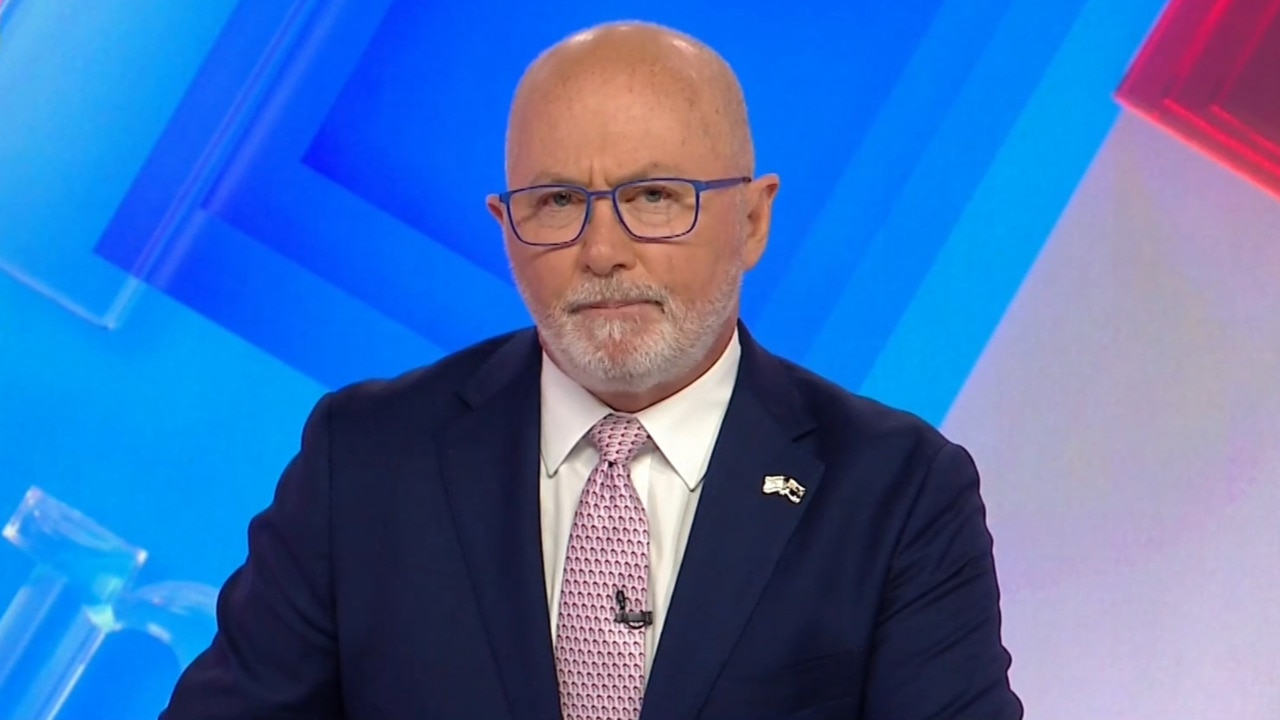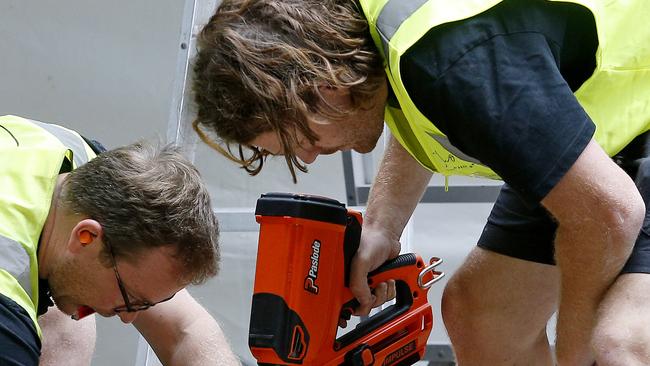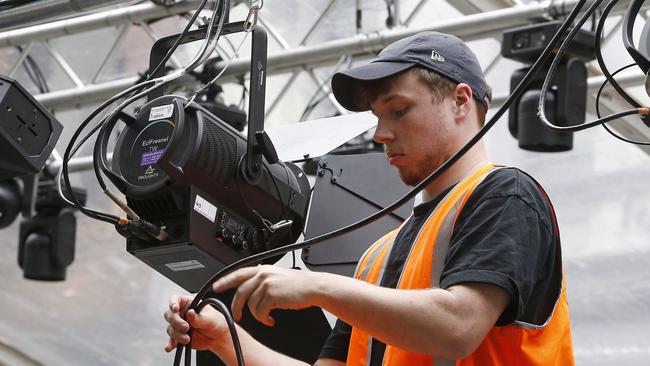ACOSS urges government to get jobseekers back in the workforce
Australia’s peak welfare body is urging the Albanese government to help jobseekers find work, as the number of entry level jobs declines sharply.

Careers
Don't miss out on the headlines from Careers. Followed categories will be added to My News.
The Albanese government is being urged to help support and upskill potential workers who are being left behind under the current system.
In a new report, welfare body ACOSS found that since interest rates started rising in mid-2022, employment at the lowest skill level has lagged.
According to the report, low-end entry level jobs have only increased by 1.9 per cent compared with national employment averages rising by 7.8 per cent.
This is leaving a total of 557,000 people who have been receiving unemployment payments for more than a year and 190,000 have been receiving them for more than five years.

“We have a mismatch in the labour market with fewer entry-level jobs available, making it harder for people on income support to transition back into paid employment,” Australian Council Of Social Service chief executive Cassandra Goldie said.
Of those on unemployment payments for more than a year, 50 per cent had a health condition, the majority were women and nearly a third were aged 55 and over, ACOSS said.
“We know that people with partial work capacity, older people and First Nations people experience significant barriers to accessing paid work, including workplace discrimination, location and suitability of work,” Ms Goldie said.
ACOSS flagged a hole in the current jobseeker program, which sees only 11 per cent of employees staying off government benefits for more than six months.
It said new programs were needed to permanetly get jobseekers into stable employment.
“We urgently need a complete overhaul of employment policy, including much greater investment in employment programs, lifting income support payments to liveable levels, a commitment to ambitious full employment targets, and ending harmful automated payment suspensions,” Ms Goldie said.

In the meantime, Ms Goldie said rates should be lifted for the 920,000 people currently relying on unemployment related payments, such as JobSeeker and Youth Allowance.
The report showed the chances of getting back into work diminish the longer a person is out of work.
Only eight per cent of people unemployed for five years or more transition off payments, reflecting the structural barriers they face.
“People are also held back by woefully low payments, which force them into poverty and deprivation, and the broken employment services system which is focused on compliance and monitoring rather than actually helping people find work,” she concluded.
Originally published as ACOSS urges government to get jobseekers back in the workforce




